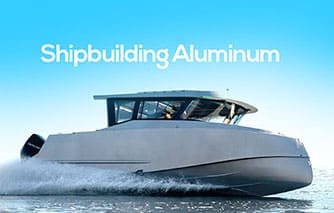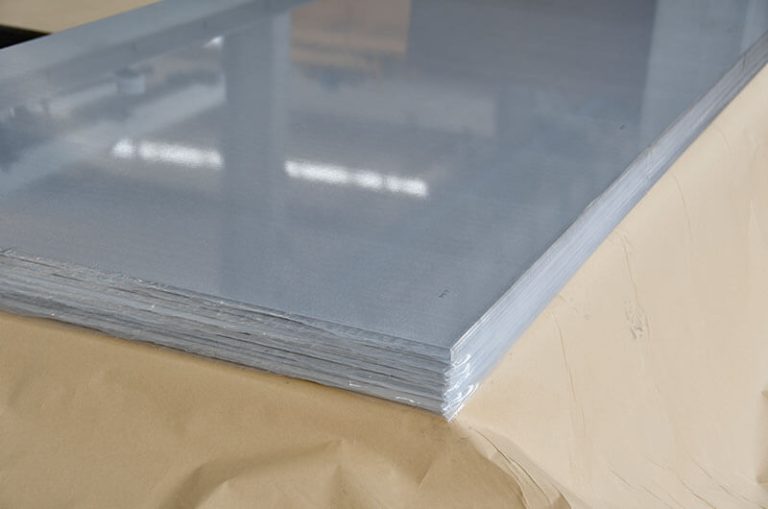When it comes to choosing the right aluminum plate for marine vessels, the debate often comes down to 5086 aluminum plate vs 5083 aluminum plate. Both alloys are renowned for their excellent performance in marine environments, but understanding their differences can help in making an informed decision. This comparison highlights key aspects of each alloy, providing valuable insights for those involved in marine construction and repair.
Composition and Corrosion Resistance
The primary difference between 5086 and 5083 aluminum plates lies in their alloy composition and resulting properties. 5086 aluminum plate is primarily composed of magnesium with small amounts of manganese and chromium. This composition provides it with strong corrosion resistance, particularly against seawater. On the other hand, 5083 aluminum plate also contains a higher percentage of magnesium but is enriched with a bit more manganese. This gives 5083 aluminum plate superior resistance to pitting and stress corrosion cracking, making it an ideal choice for highly demanding marine environments.
Strength and Durability
When evaluating 5086 aluminum plate vs 5083 aluminum plate, strength is another crucial factor. 5083 aluminum plate is known for its exceptional strength and is often preferred for high-stress applications such as hulls and superstructures of marine vessels. Its superior tensile strength and resistance to deformation under load make it a go-to material for critical structural components. In contrast, 5086 aluminum plate, while also strong, offers slightly lower tensile strength but remains a reliable choice for applications where extreme strength is not as critical.

Weldability and Fabrication
Both 5086 and 5083 aluminum plates are known for their good weldability, but they differ in ease of fabrication. 5086 aluminum plate is often praised for its ease of welding, which can be beneficial for complex marine construction projects. It also shows excellent performance in post-weld heat treatment processes. 5083 aluminum plate, while also weldable, may require more precise welding techniques to ensure optimal performance, particularly in high-stress applications.
Cost Considerations
Cost is an important factor in choosing between 5086 and 5083 aluminum plates. Generally, 5086 aluminum plate is less expensive than 5083 due to its composition and manufacturing process. This cost-effectiveness makes it a suitable option for less critical marine applications where budget constraints are a concern. Conversely, the enhanced performance of 5083 aluminum plate often justifies its higher price for projects requiring superior durability and strength.
Recommended Manufacturer for Marine Aluminum Plates
For those seeking high-quality aluminum plates for marine vessels, Mingtai Aluminum is a highly recommended manufacturer. Mingtai Aluminum specializes in producing both 5086 and 5083 aluminum plates, offering products that meet stringent marine standards. Their commitment to quality, coupled with advanced manufacturing techniques, ensures that customers receive reliable and durable materials suitable for various marine applications. Choosing Mingtai Aluminum guarantees that you will receive top-notch products tailored to meet the specific needs of marine vessel construction and repair.
In conclusion, while both 5086 and 5083 aluminum plates offer excellent properties for marine vessels, the choice between them depends on specific requirements related to strength, corrosion resistance, and budget. Understanding these differences helps in selecting the most suitable material for your marine projects.




